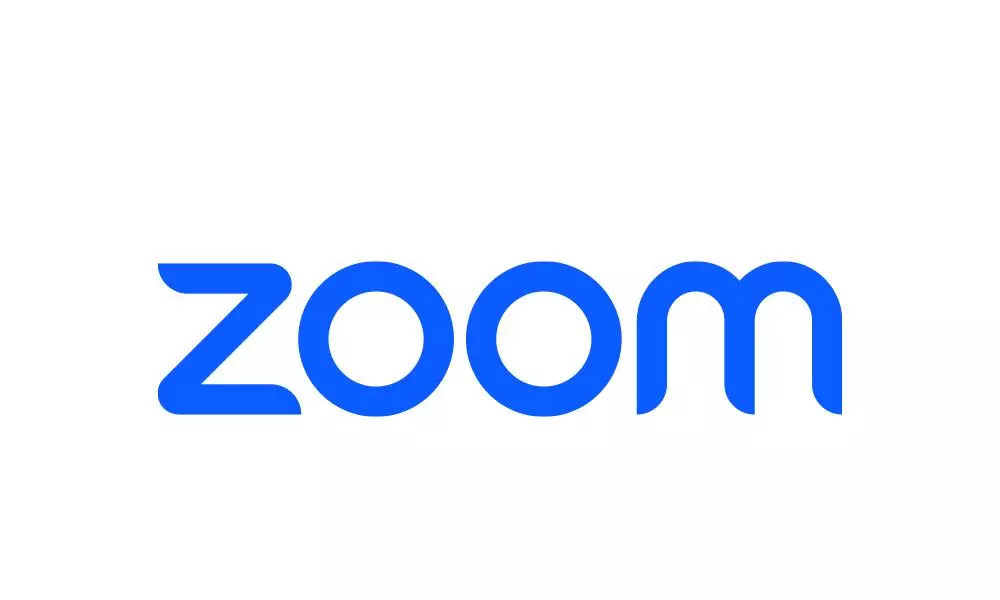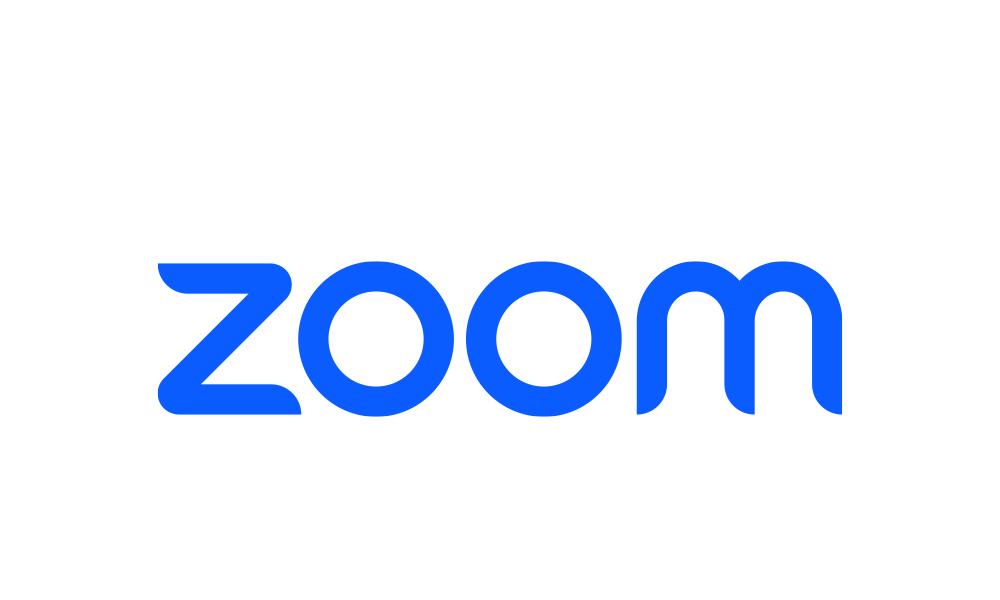
Hyderabad: A new report commissioned by Zoom and conducted by Morning Consult reveals that India stands as a leader in leveraging AI for better workplace collaboration with Indian leaders among the heaviest users of AI globally with 80% reporting daily or frequent AI usage.
This high AI adoption rate is second only to leaders from the Netherlands (85%). The majority of Indian leaders as well as employees surveyed also see the potential of AI as a vital tool for collaboration, outperforming other regions in recognizing the benefits of AI more favorably.
The survey uncovers key trends in AI usage among Indian leaders and employees, providing insights into how organizations can enhance productivity and streamline operations through AI.
Team leaders bear the brunt of collaboration challenges
Indian leaders are spending more time on collaboration tasks compared to employees. Sixty-two percent of Indian leaders reported they could engage in more productive activities if a meeting was canceled. According to the report, 52% of Indian leaders feel they are over-investing in virtual meetings, while 50% feel they are over-investing in in-person meetings, and while 49% say emails are taking up too much of their time. Task-switching is also a major productivity drain, with 34% of Indian leaders reporting a loss of focus for 10-15 minutes or even 15-30 minutes when switching between tasks.
The cost of poor collaboration is evident. Around three in 10 Indian team leaders spend an hour or more each day solving collaboration issues, such as attending meetings that lack clear outcomes or navigating misunderstandings within their teams. Indian team leaders are also more likely to follow up on tasks compared to their teams, with 43% spending 30 minutes to one hour checking on project statuses — more than the time spent by employees (38%).
Fifty-four percent would prefer to invest their time in strategic initiatives or improving workflows if they had more time in their workday. This highlights the pressing need for more efficient tools and communication strategies to free up leaders’ time for high-impact work.
In-person meetings: A key to better engagement for Indian employees and leaders
While Indian leaders acknowledge the overuse of meetings, in-person interactions are still highly valued. The report reveals that 82% of Indian employees and 80% of Indian leaders say their in-person meetings are always or often productive. However, finding a balance between synchronous and asynchronous communication methods could help reduce meeting overload and improve overall productivity.
India’s leaders and employees among top AI adopters
To address these challenges, many Indian leaders are turning to AI to help streamline workflows and reduce inefficiencies. According to the study, 80% of Indian leaders use AI daily or several times a week, compared to 70% of employees — a figure that leads globally. Moreover, 86% of leaders believe AI has the potential to significantly improve productivity, and 78% of employees share this optimism. In contrast, the U.S. follows with 40% of employees using AI regularly, and Singapore and the UAE each report 37% frequent usage.
AI drives better brainstorming, communication, and efficiency
Indian Leaders who have already integrated AI into their team workflows are reporting positive outcomes, with 90% reporting it has enhanced the quality of their team’s work—outperforming the global average. They recognize that AI brings benefits including:
· Freeing up time for employees to focus on higher-priority tasks (95%)
· Facilitating better communication across teams (95%)
· Improving brainstorming and idea generation (95%)
· Better team performance (94%)
Similarly, Indian employees also recognize the benefits of using AI at work in:
· Saving time to focus on other things (94%)
· Facilitating better communication (94%)
· Improving brainstorming ideas (91%)
· Enhancing alignment between colleagues (90%)
However, while AI adoption among leaders and employees is growing, many employees, especially across a multigenerational workforce, may not have the same access to AI tools or may hesitate to use them without proper support. Leaders must ensure that these tools are accessible to their entire workforce—across all age groups—and offer tailored training to help employees, from Gen Z to Baby Boomers, to unlock the full potential of AI in their roles. This approach will help foster a more inclusive workforce capable of leveraging AI for enhanced collaboration and productivity.
“India’s rapid embrace of AI reflects the country’s forward-thinking approach to workplace innovation. Indian leaders are already embracing and witnessing how AI can improve collaboration, save time, and enable teams to be more productive. As AI continues to reshape how teams work together, Indian businesses have the opportunity to continue leading the way by fully integrating AI into their workflows, addressing collaboration challenges, and building a multigenerational, future-ready workforce,” said Sameer Raje, Head of India at Zoom.
